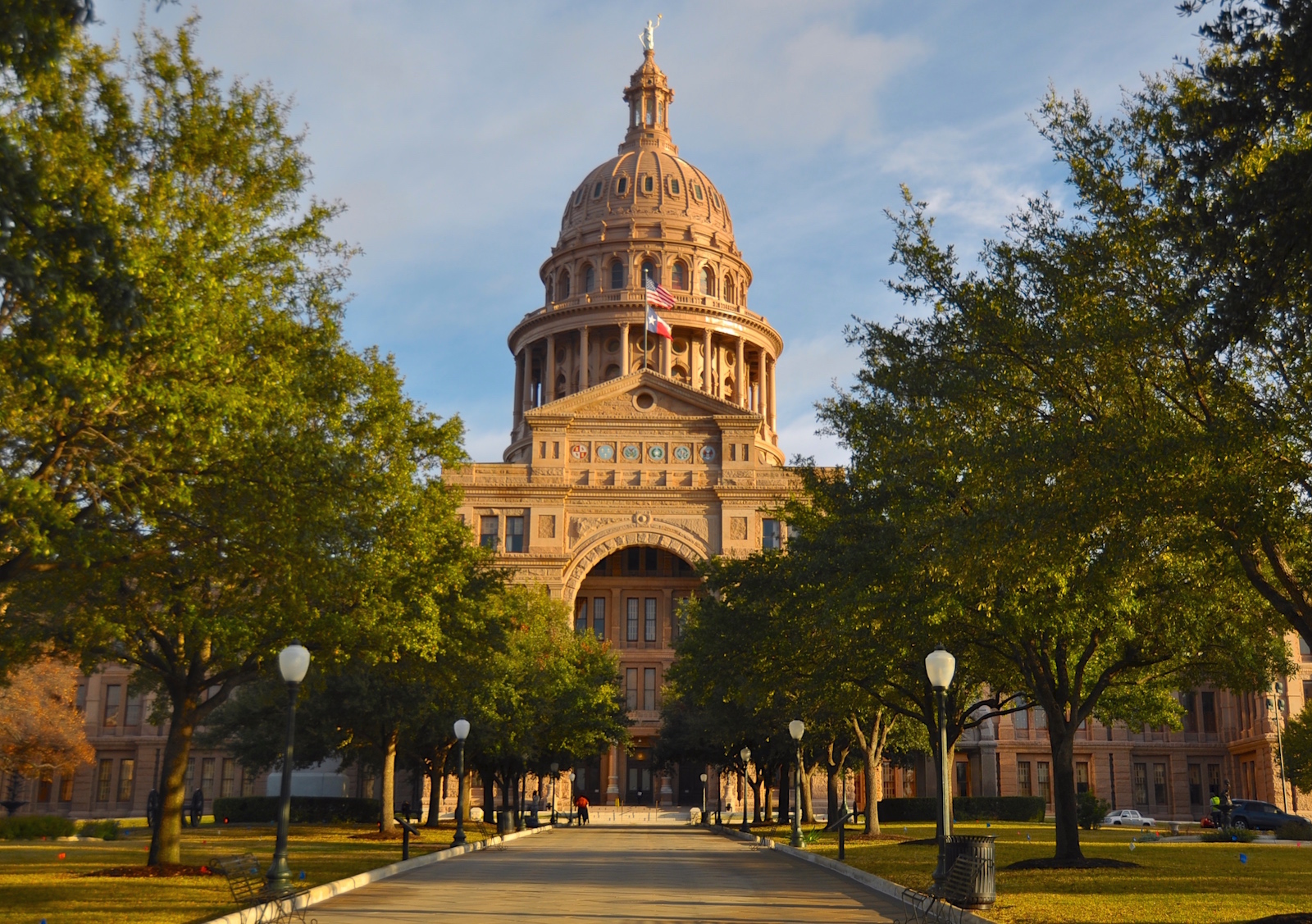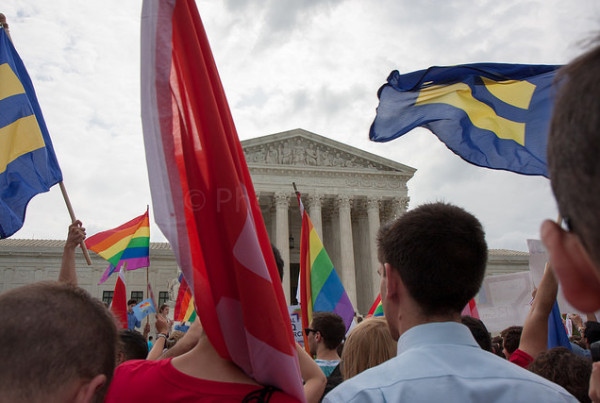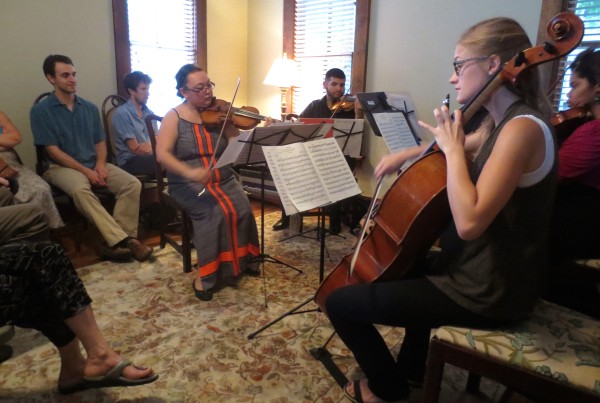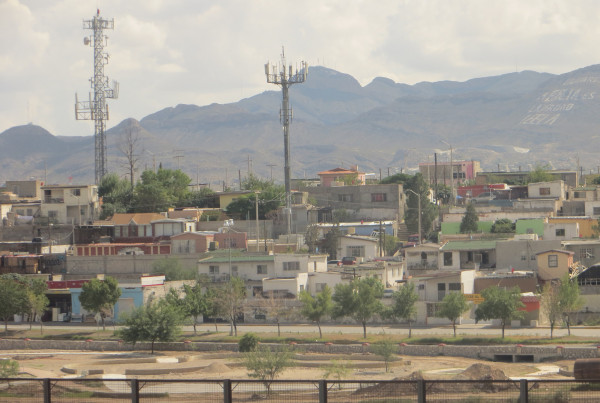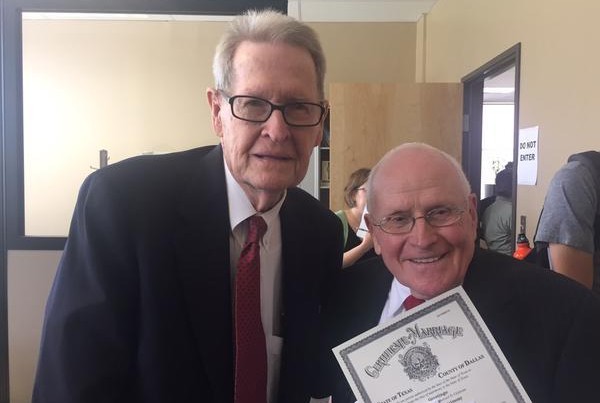As the initial flurry of wedding celebrations wind down across Texas, attention will be turning to the capital.
On Friday, Democratic State Representative Donna Howard wrote that “Texas lawmakers should identify any statutes that need to be changed in the wake of the same sex marriage decision.” She went on to request that Speaker Straus include this task among his Interim Charges. She spoke with Texas Standard on Monday about the kind of non-discriminatory policies the state still needs to put in place.
On the effect of non-discriminatory laws on business:
“We talk about wanting to be a welcoming state for business – we want business to come to Texas, we want people to come here and raise their families and have a fair shot at the Texas dream. If we have discriminatory laws in place, we’re not going to have that happening. So certainly this is the direction we need to go. Now, whether or not it’s directly related to the recent Supreme Court ruling – maybe not exactly. But at the same time, it clearly points out that there are efforts we need to make to clean those things up.”
On discriminatory language in Texas statutes:
“That sort of language shouldn’t have been there before this ruling, but now that we’ve had the ruling, we definitely need to be looking at our statutes and cleaning them up. … The laws on the book were ruled unconstitutional, but they’ve never been taken off the books. So they’ve not been enforced, but they are on the books. There are more instances like that, that we need to get off our books, whether or not the legislature’s going to actually take the step to repeal it.”
On Texas Attorney General Ken Paxton saying county clerks could use the Religious liberty statute to deny same-sex couples marriage licenses:
“I think it’s a very shallow advice that probably doesn’t hold a lot of weight. Luckily, the counties are moving forward with issuing these certificates. We already have religious protection here; it was here before this ruling, it’s currently is in existence. I think that’s just a political rhetoric.”


